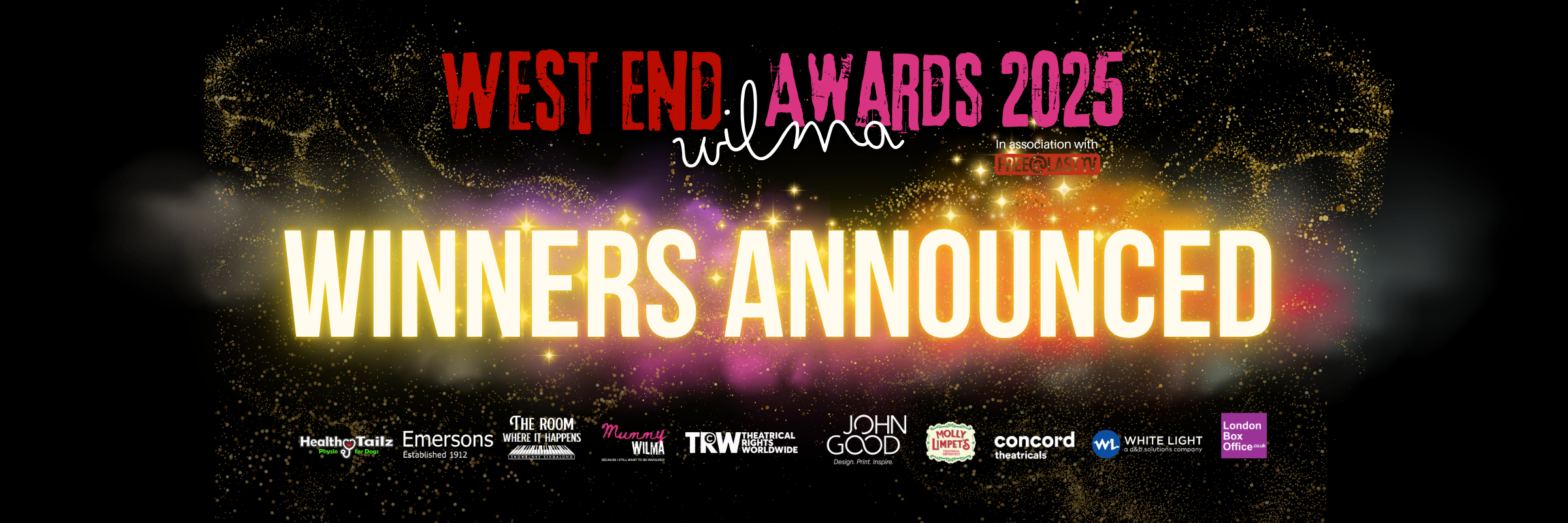
Details of Philip Ridley’s new play Karagula were shrouded in mystery leading up to its world premiere in London. Whispers of a ‘secret location’ (which turns out to be a former ambulance station in Tottenham Hale) and the playwright’s refusal to give away any information in interviews only added to the buzz of speculation. Now, all can be revealed.
True to Ridley’s iconic ‘in-yer-face’ style, Karagula is a complex and dazzling work of awe-inspiring ambition. Spanning centuries of time and many different worlds, this is a story of massive scope. From the bubble-gum-pink town of Mareka to the clinical and Orwellian Cotna, Karagula’s sweeping plot pivots on two young lovers, Libby and Dean.
The fragmented narrative leaps around in time and switches abruptly between locations but it is deftly steered by director Max Barton. The imaginative staging and design matches the story in ambition. The cavernous space is filled with utilitarian scaffolding and there is a shift in the interval from a traverse configuration to a conventional end-on layout. Following the twists and turns is made easier by Shawn Soh’s bold design, which creates a distinctive aesthetic for each of the intertwining plot lines.
The production seems slightly DIY and could benefit from a little more polish. However, the sheer energy of the cast and Barton’s expert pacing of the plot ensures it is still completely compelling. No one individual actor stands out as they meld so fluidly as an ensemble. It’s worth noting the diversity of the cast; the strong representation of ethnic minorities and the balanced gender split is great but it hopefully won’t be remarkable for too much longer.
From start to finish, the play is a vivid bombardment of the senses – loud, visually striking and visceral. But amid the bonkers plot twists, brash cultural references, outlandish characters and one hell of a hysterical descent into chaos, Ridley has a salient point to make and there are strong central themes linking the various narratives together.
The absurdity of worshipping people and things as deities is continually revisited and Ridley is unsubtle in drawing parallels between his worlds and ours. From the endless re-interpretations of seemingly meaningless artefacts throughout history to the brutal acts of violence motivated by conflicting ideologies, Karagula has a deeply cynical view of religion. It also warns us of the inestimable power of a population that shares fanatical beliefs.
Karagula is vivid fantastical adventure. Ridley has previously said that he wanted to create an entire theatrical experience, not just a play. He has certainly achieved this vision, with the help of a seriously talented cast and creative team.
Reviewed by Annabel Mellor
Photo: Lara Genovese
KARAGULA plays at The Styx, Tottenham Hale until 9 July 2016


